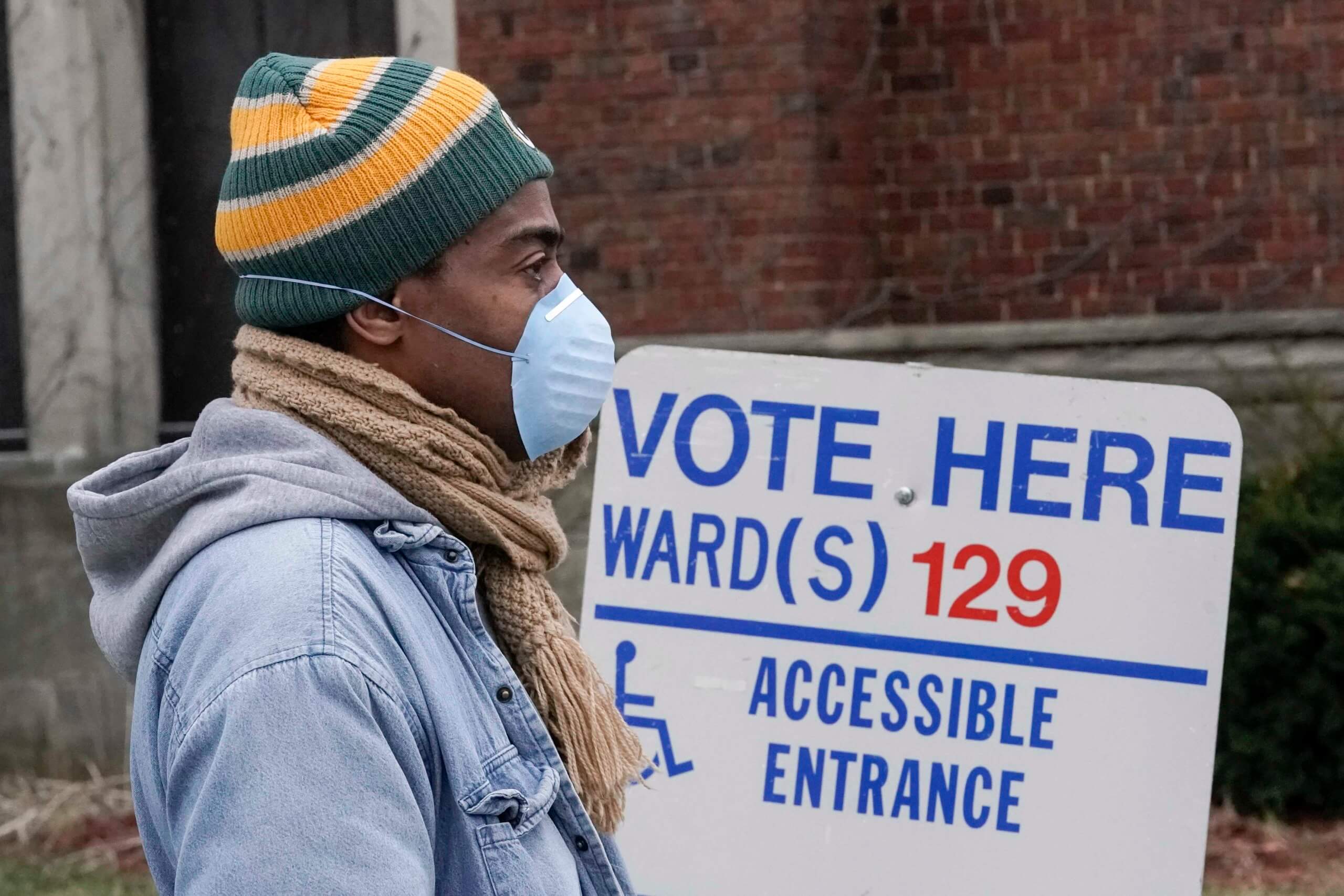
Vidya Sethuraman
India Post News Service
Two key bills being considered in Congress — For the People Act or S.1 and the John L. Lewis Voting Rights Advancement Act — would set national standards for voting access in America and strengthen protections against racial discrimination at the ballot box. At the same time, lawmakers in 47 states have introduced hundreds of bills that will create barriers to voting for people of color, seniors, and young people. As voting battles rage, leading civil rights experts and advocates explain what’s at stake for ethnic voters and what the chances of passage are.
John C. Yang, President and Executive Director, Asian Americans Advancing Justice said AAJC is the pioneer organization fighting for civil rights and empowering Asian Americans, the fastest growing community in the United States.
In order to fully participate in our democracy, Asian Americans must exercise the right to vote in local, state, and national elections. We work to eliminate discriminatory barriers to voting and to increase access to the ballot for all voters, said Yang. Asian Americans are the country’s fastest growing ethnic group, yet have long been overlooked in national discussions about diversity and racial equity.
More Asian Americans voted in the 2020 Presidential election compared to the others. Turnout of Asian Americans voters increased manifolds in Texas, Arizona. For years, Asian-Americans were among the least likely of any racial or ethnic group to vote or to join community or advocacy groups. By advocating for the restoration and enforcement of the Voting Rights Act (VRA), and facilitating training, education, and advocacy around voter-related issues that affect Asian Americans like language assistance, voter suppression, and election reform, AAJC strengthens all communities’ ability to participate in the democratic process.
Advancing Justice, AAJC and APIA Vote run a hotline where voters can get answers to their questions about voting and receive assistance in nine Asian languages. Assistance is available in English, Mandarin, Cantonese, Korean, Vietnamese, Tagalog, Urdu, Hindi, and Bengali.
Hilary O. Shelton, serves as the Director to the NAACP’s Washington Bureau/Senior VP for Advocacy and Policy said we had more Americans voted in the 2020 Presidential election. As we move forward we have to make voting easy and less fraud. We have to strengthen the Voting rights act.
We have to repair the damages done to the voting rights sec 5. Section 5, also known as preclearance, required states and jurisdictions with a proven historical record of discriminatory voting practices to obtain certification before making changes to election procedures that the proposed changes were not discriminatory. For nearly 50 years, this helped protect voters of color in jurisdictions with a history of racial discrimination.
We have to make the voting registration simple and clear for all the citizens. John R. Lewis Voting Rights Act, H.R. 4 or the Voting Rights Advancement Act is the most imperative one, which would restore pre-clearance requirements to the landmark Voting Rights Act of 1965 that were stripped out by a 2013 Supreme Court decision, added Shelton.
Thomas A. Saenz, President and General Counsel of the Mexican American Legal Defense and Educational Fund (MALDEF) spoke about 2 important federal legislations and their importance to the Latino community.
Wendy Weiser, Vice President, Democracy, Brennan Center for Justice at NYU Law addressed the gateway to voting—voter registration. Before eligible citizens may cast their ballots, they must be registered voters. But the United States places the burden of registering and re-registering on its citizens. This process results in an error-prone system where nearly 13 percent of all registrations are incorrect. These errors, when combined with stringent state voting laws, often prevent eligible citizens from casting their votes on Election Day. And many voters do not realize the error until officials turn them away at the polls.
The Brennan Center, a think tank focused on the U.S. legal system, recently issued a report authored by the Center’s Wendy Weiser, Daniel Weiner, and Dominique Erney. It urges Congress to enact the For the People Act—a bill the report states will meet the nation’s focus on racial justice at a time when democracy is under siege.
But securing the right to vote is only one prong of the overhaul of democracy proposed by the For the People Act. Reforming campaign finance laws, according to Weiser, is also vital to protecting the integrity of elections.






